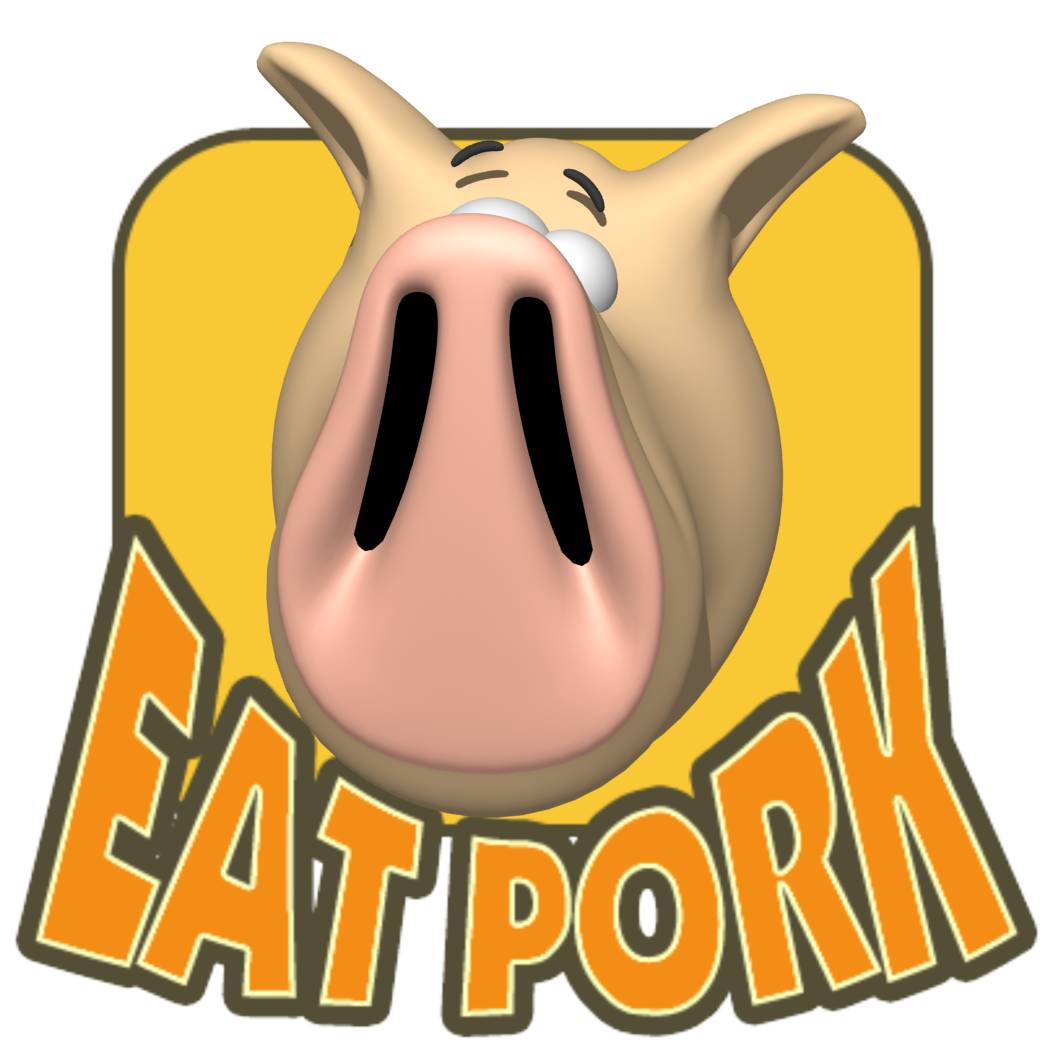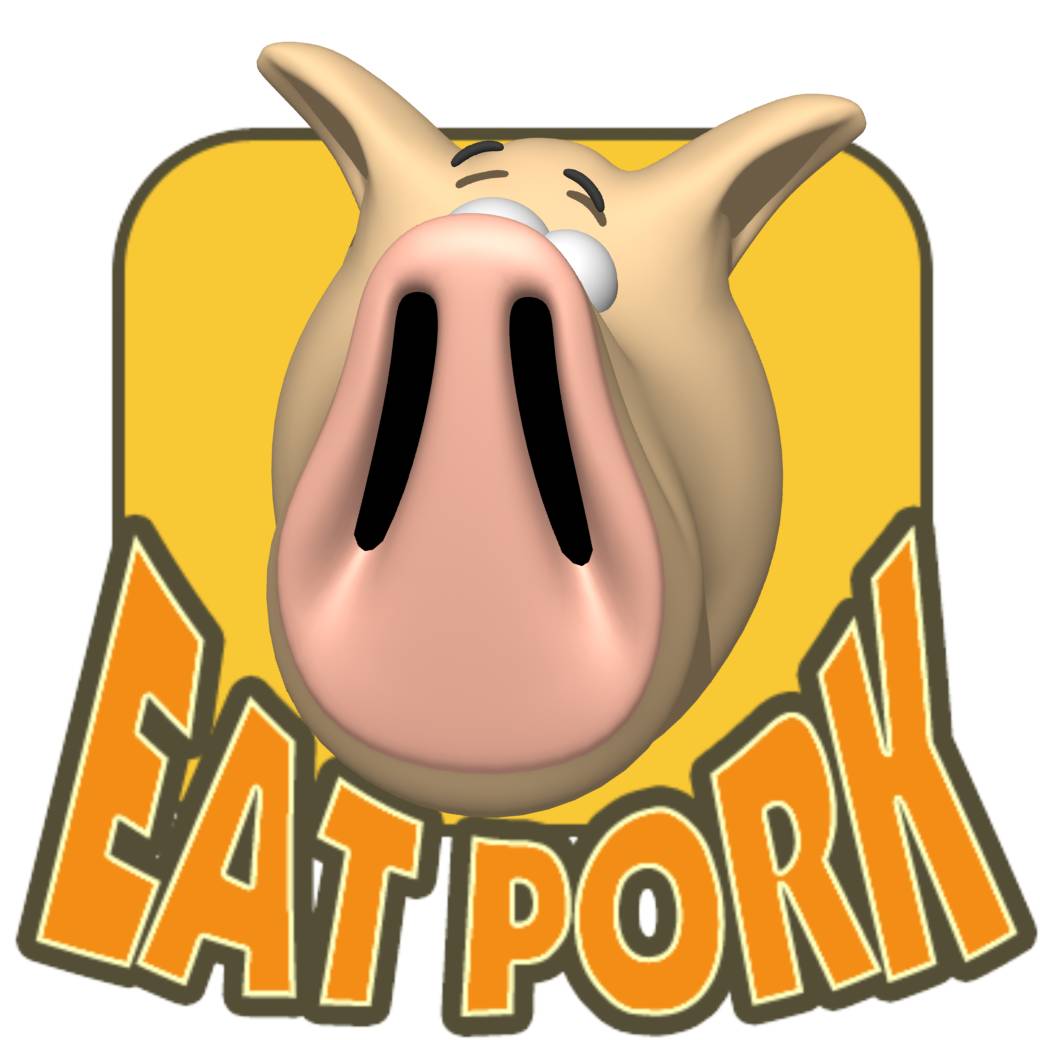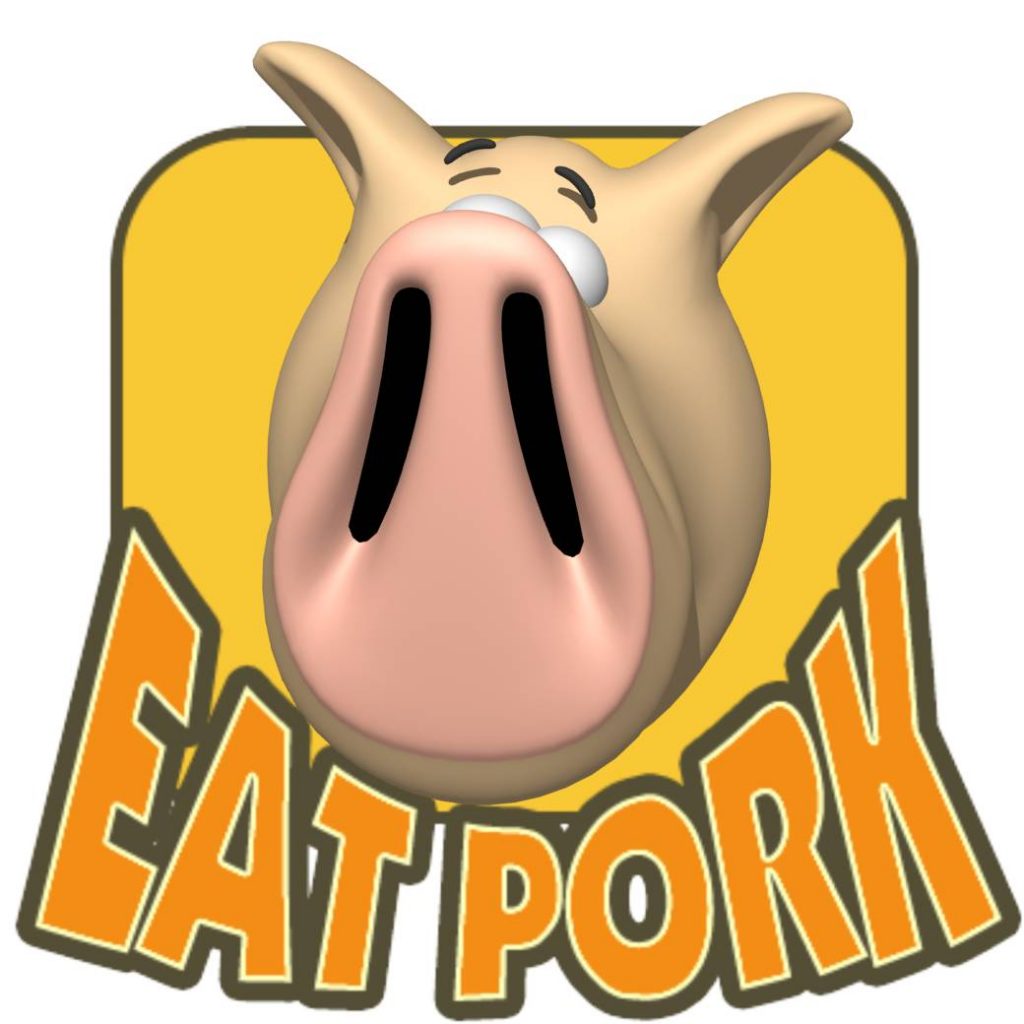Mark 7:19, Thus He declared all foods clean. Many mainstream Christians believe that in this verse Yeshua is sanctioning the eating of all food not matter what. Thus he is categorically rejecting the biblical dietary prohibitions against eating…drumroll please…beloved pork. Is this what Yeshua is really saying here? Before jumping to conclusions, let’s take a step back, demonstrate a modicum of logic and ask ourselves some questions.
First, would a Torah-observant Jew like Yeshua really be advocating the eating of anything the Torah forbids such as pork and shellfish? Second, would Yeshua the Messiah, the one destined to be the sinless Lamb of Elohim Messiah be advocating sinning by going against the biblical dietary laws? Third, what is the biblical definition of food? Does the Creator of the universe even consider something to be food that he forbids people from eating? Fourth, if Yeshua had been advocating the eating of unclean meats, what would have been the reaction of his Torah-touting audience of Pharisees? With the answers to these questions dancing around in the reader’s mind, let’s now discuss this potentially enigmatic passage in depth and in its logical context to see what it’s really saying.
This phrase, “Thus He declared all foods clean” is excluded from the KJV, but is included in the NAS, NIV and some other modern translations. Some Bible teachers see this phrase as Yeshua’s endorsement for eating unclean meats such as pork. Even if this phrase were in the original language, Yeshua would never have considered swine to be food—a very non-Jewish concept and out of context with a Torah-adherent society. Furthermore, the Jews in his audience would have strongly reacted against Yeshua saying such a thing. What’s more, earlier in this passage Yeshua upholds the Torah over men’s tradition (Mark 7:6–13), and so Yeshua wouldn’t be teaching anything against the Torah by saying we can eat swine!
Not only that, the context of this passage has nothing to do with eating meat. It has to do with eating bread (v. 2). No mention of meat is made here. Only bread, which in verse two is the Greek word artos meaning “food composed of flour mixed with water and baked.” This has nothing to do with meat. The issue was whether it was mandatory to wash one’s hands before eating bread, which was not a Torah law, but was an extra-biblical Jewish legal law. Period. This is what Yeshua was addressing.
The Hebrew Roots Version, which is a translation from the Aramaic, confirms the KJV rendering of this verse. However, some of the modern texts (e.g. the NIV and NAS) add the phrase to the end of this verse, “In saying this [Yeshua] declared all foods clean.” This variant phrase in the newer English translations is the source of the confusion in the minds of many who read this.
The KJV is translated from the Greek family of manuscripts called the Textus Receptus or Received Text, which until the end of the nineteenth century was accepted as the most authoritative and purest manuscripts by the Protestant church. On the other hand, the newer (e.g. the NAS and NIV) translations derive from another family of Greek manuscripts that were rejected by early Protestant scholars as being inferior to the Textus Receptus, but liberal scholars from England challenged these beliefs of earlier scholars and were instrumental in popularizing the variant and previously rejected family of Greek manuscripts (called the Western family of texts).
The debate has raged on for more than 100 years as to which family of manuscripts is the oldest and most reliable and in accordance with the actual autographs (which no longer exist). But since no one knows for sure, can we approach the issue of determining whether the added words in the newer English translations, “In saying this [Yeshua] declared all foods clean” are accurate or not per the original language? Was Yeshua saying here that the dietary laws delineated in the Torah are now nullified? If so, would this be consistent with the rest Yeshua’s teachings?
Briefly, what was Yeshua’s stand on the Torah? In Matthew 5:17–19 he said,
Think not that I am come to destroy the Torah-law, or the Prophets: I am not come to destroy, but to fulfill. For verily I say unto you, Till heaven and earth pass, one jot or one tittle shall in no wise pass from the law, till all be fulfilled. Whosoever therefore shall break one of these least commandments, and shall teach men so, he shall be called the least in the kingdom of heaven: but whosoever shall do and teach them, the same shall be called great in the kingdom of heaven.
Yeshua here instructed his followers to not think that he had come to annul the Torah-law.
Then in Mark 7:9 Yeshua rebukes the religious folks of his day for nullifying the Word of Elohim by their man-made traditions. What did he mean by the phrase Word of Elohim? When he made this statement there was no “New Testament,” but only the Tanakh (or “Old Testament”). He was rebuking the Jews for changing YHVH’s Word of which the biblical dietary laws in the Torah were a part. So for him to rebuke the Jews for changing the Word of Elohim, and then a few verses later to be advocating the annulment of the dietary laws found in that Word would have made Yeshua not only a hypocrite, but a Torah-law breaker and thus a sinner (1 John 3:4). To suggest that Yeshua was a law-breaker is utter blasphemy(!) and nullifies the entire gospel message and the rest of the Testimony of Yeshua. Therefore, he could not have been advocating the violation of the Torah-law, and at the same time be the Word of Elohim made flesh and be YHVH’s sinless redemptive Lamb, as the newer translations imply by the addition of the phrase, “In saying this [Yeshua] declared all foods clean.” Therefore, we utterly reject this phrase as it appears in our modern Bibles as a corruption of the original text.
By looking at the context, we see that the issue in these passages in Matthew and Mark was not about eating kosher versus not eating kosher, but whether it was allowable to eat with unwashed hands or not. According to Jewish non-biblical oral tradition, it was imperative for one to go through an elaborate hand washing ceremony for mystical reasons before partaking of food. These commandments were rooted in traditions of men, not in the Torah-law of YHVH. Yeshua is taking the Jews to task for placing more emphasis on man-made traditions rather than on the pure and firm Word of Elohim. This seems to be a chronic problem in many religious circles even in our day. Sunday worship replaced the seventh day Sabbath. Christmas and Easter replaced the appointed feasts of YHVH such as Passover, Pentecost and the Feast of Tabernacles. And the list goes on.
Even beyond the issue of Jewish handwashing traditions, Yeshua was using this as a teaching opportunity to instruct the Jews on the issues of the heart. Whether one eats with unwashed hands or not is of less importance to Elohim than the unwashed condition of the carnal human heart. Religion has made a fine art of addressing surface issues or gilding the proverbial “garbage can,” while overlooking the contents therein. This is what Yeshua was really addressing in this passage.






